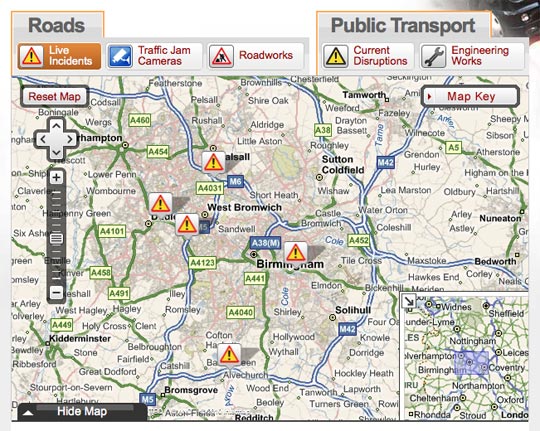Culture secretary Jeremy Hunt will say today that he intends to make the provision of local content a condition of the licences given to commercial broadcasters like ITV, Channel 4 and Five.
In a speech today to the Royal Television Society, Hunt will also tell those channels with a public service broadcasting remit (PSBs) that retaining a prime position in the Electronic Programme Guide or future equivalent would depend on their commitment to “content with a social or cultural benefit”.
I will begin the process of redefining public service broadcasting for the digital age by asking Ofcom to look at how we can ensure that enough emphasis is given to the delivery of local content.
Of course not all PSBs will want, or be able, to be local broadcasters. But I’m determined that we should recognise the public value in those that do.
Echoing the sentiments of his party’s ‘big society’ idea, Hunt will warn broadcasters about not investing in local news:
If we remain centralised, top-down and London-centric – in our media provision as in the rest of government – we will fail to reflect the real demand for stronger local identity that has always existed and that new technologies are now allowing us to meet.
Hunt will add that he has been “strongly encouraged by the serious thought that the BBC has been giving to how it might partner with new local media providers”.
He is expected to say that, despite the UK “fast becoming one of the most atomised societies in the world”, those looking back in the future will see its media as “deeply, desperately centralised.”
They will be astonished to find that three out of five programmes made by our public service broadcasters are produced in London.
They will note that there is nothing but national news on most of the main channels, beamed shamelessly from the centre.
And they will discover token regional news broadcasts that have increasingly been stretched across vast geographical areas – with viewers in Weymouth watching the same so-called “local” story as viewers in Oxford. Viewers in Watford watching the same story as viewers in Chelmsford.
Hunt will also set out his vision for local TV provision:
My vision is of a landscape of local TV services broadcasting for as little as one hour a day;
Free to affiliate to one another – formally or informally – in a way that brings down costs;
Free to offer nationwide deals to national advertisers;
Able to piggyback existing national networks – attracting new audiences and benefitting from inherited ones at the same time;
And able to exploit the potential of new platform technologies such as YouView and mobile TV to grow their service and improve their cost-effectiveness.
In June, Hunt scrapped plans for new local news networks set up by the previous government. Hunt called the plans for Independently Funded News Consortia (IFNC) in Tyne Tees and Borders, Scotland, and Wales “misguided” and claimed they “risked turning a whole generation of media companies into subsidy junkies, focusing all their efforts not on attracting viewers but on persuading ministers and regulators to give them more cash”.
Read Jeremy Hunt’s RTS speech in full here (PDF)

